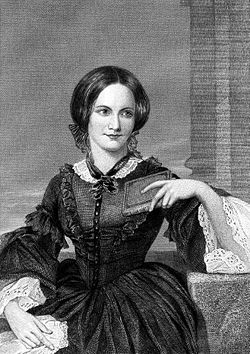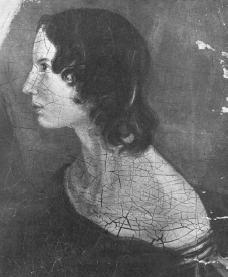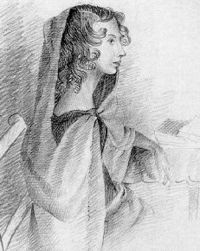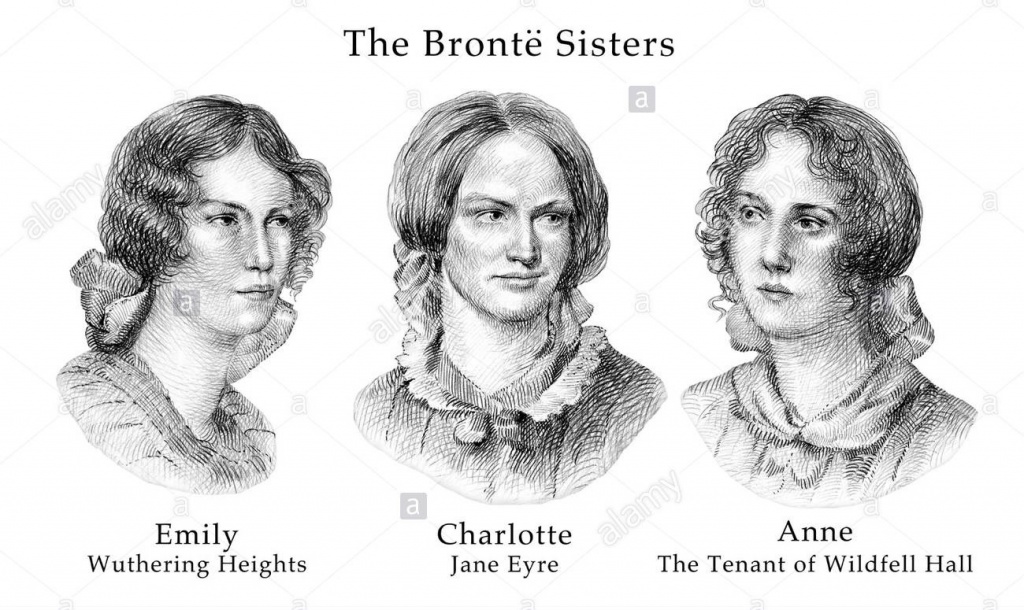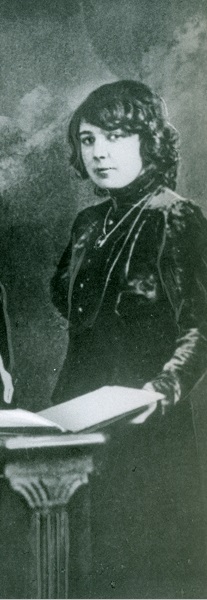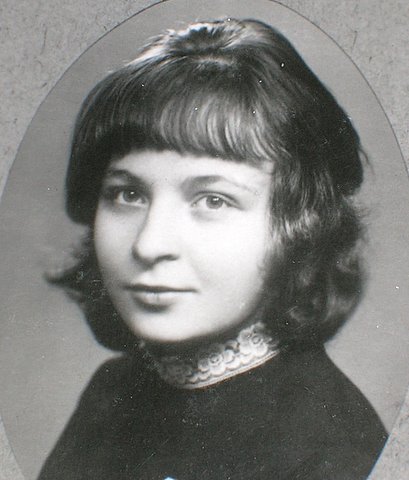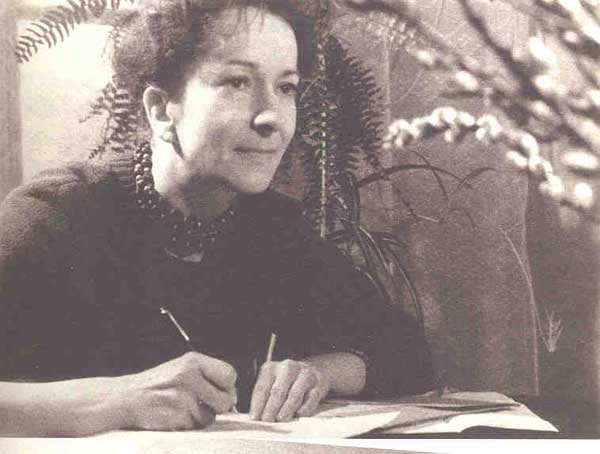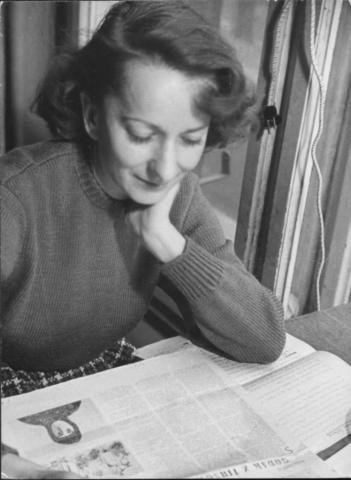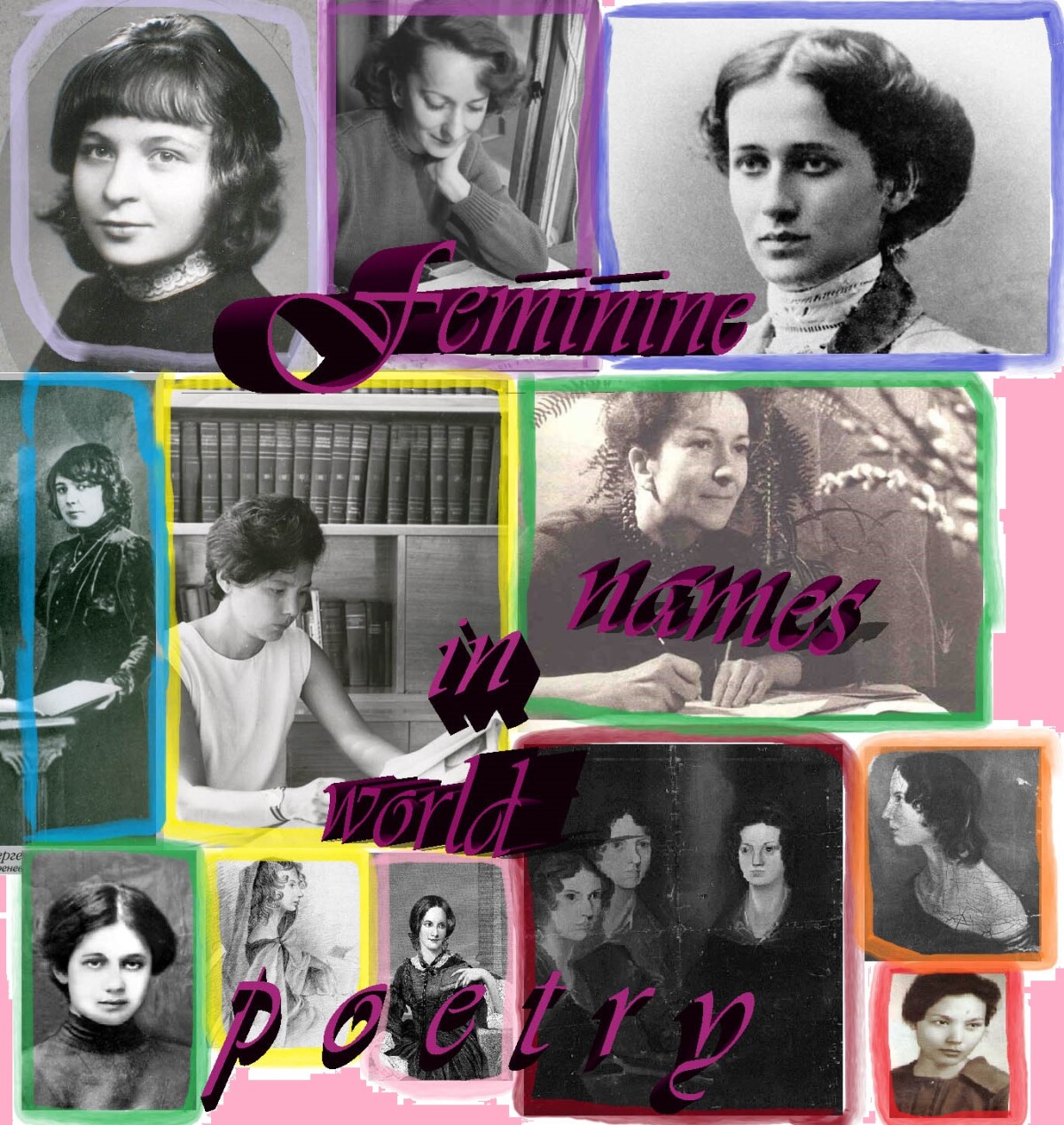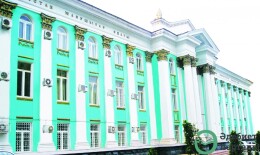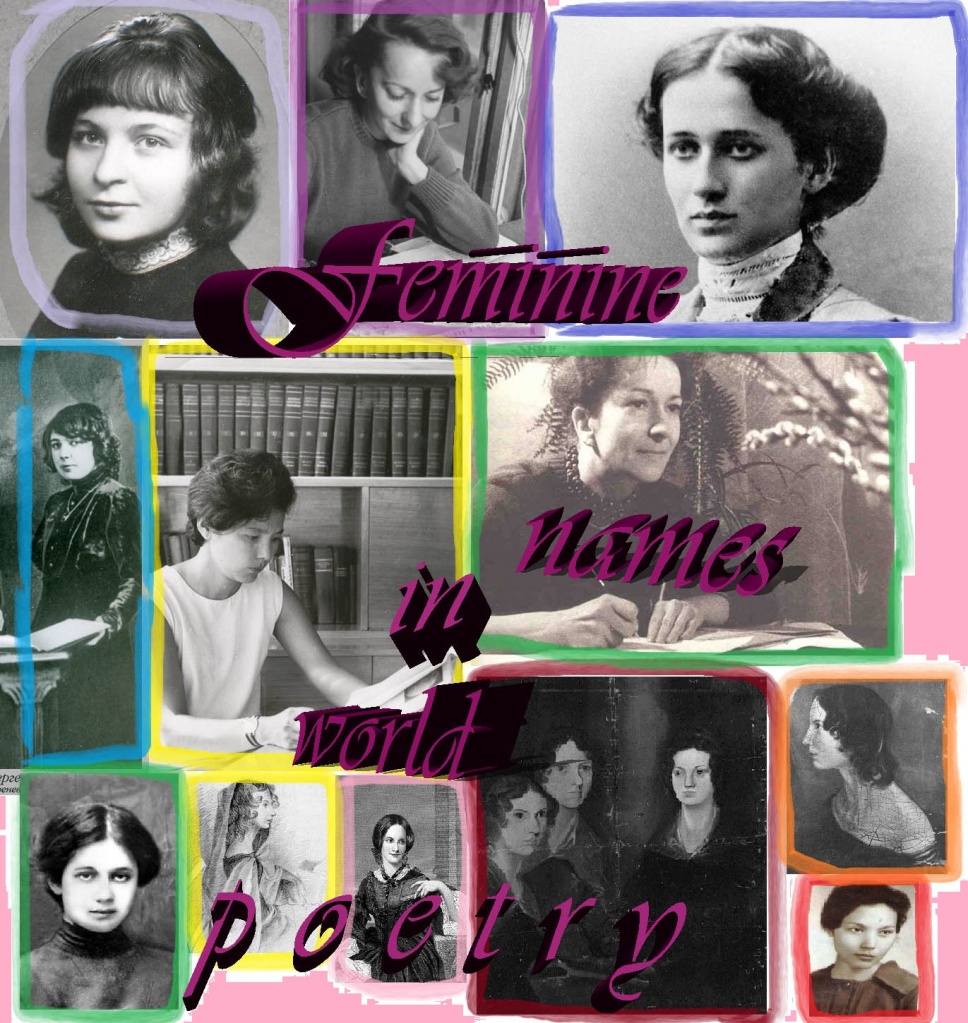
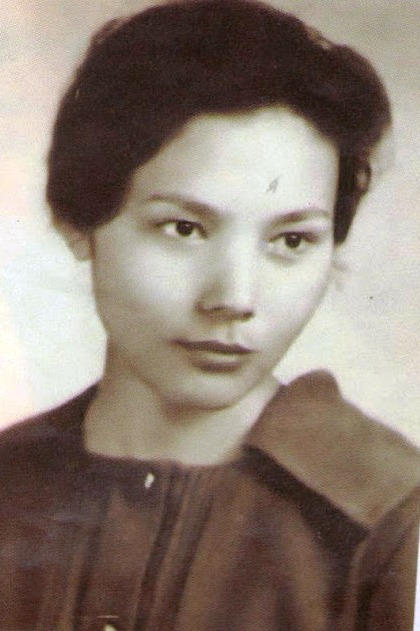 And we would like to start with Fariza Ongarsynova. Fariza Ongarsynova - poet with "rich emotional palette" so sensitive and keen reacted to everything that happens around - whether it is a purely internal experiences, or the pain of another person - that doubt the sincerity of her poems remained. Just breaking into the world of literature in a difficult time for the country - Brezhnev's "stagnation", she was not afraid of anything written with the highest share of frankness about everything that bothered her, it hurts and hope granted. The real miracle was that "soviet regime" did not record her to the ranks of dissidents, not uncommon in those days, not forced to obey a general order, to write on the "desired" themes. Through real talent, the talent of the mighty, almighty, Fariza Ongarsynova by destroying all limits and boundaries, wrote absolutely everything that bothered her and gave strength to live.
And we would like to start with Fariza Ongarsynova. Fariza Ongarsynova - poet with "rich emotional palette" so sensitive and keen reacted to everything that happens around - whether it is a purely internal experiences, or the pain of another person - that doubt the sincerity of her poems remained. Just breaking into the world of literature in a difficult time for the country - Brezhnev's "stagnation", she was not afraid of anything written with the highest share of frankness about everything that bothered her, it hurts and hope granted. The real miracle was that "soviet regime" did not record her to the ranks of dissidents, not uncommon in those days, not forced to obey a general order, to write on the "desired" themes. Through real talent, the talent of the mighty, almighty, Fariza Ongarsynova by destroying all limits and boundaries, wrote absolutely everything that bothered her and gave strength to live.
*****
And let the dawn finds us in a way,
And let the sunset catch us in Otrar.
We were in cramped rooms spaciousness not found.
Stagnation, so early making into the old peace of people.
*****
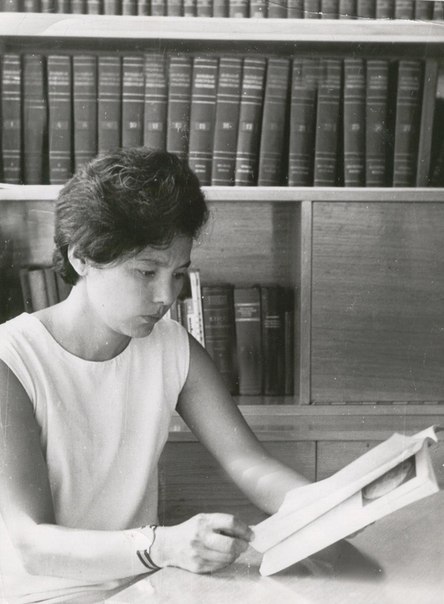
Give me a hand - the blood of the ancestors is not silent.
Steppe wide and running heated horses
At such distances of stellar will ride,
Where the mirage of the desert is not looming.
*****
Will rush through baldness saline
Boredom stagnation - not catch up!
His bread will share with seagulls.
You’re Hand in mine, and kind of our horses,
And way behind the familiar whistle of the chase.
****
Let's fly! And for life former fear
Dissipated because the wind with us friendly,
But the wind exhausted in the cities -
Him how we, need space for life.
*****
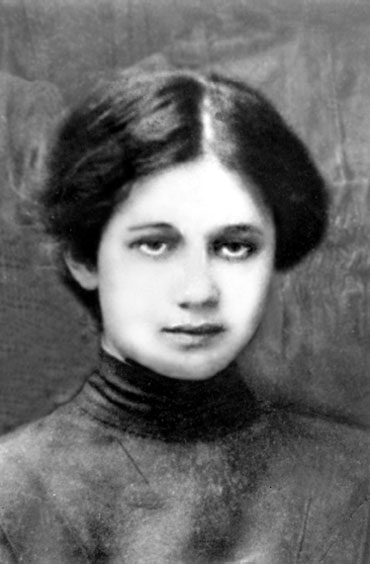 About life and literary activity of Anna Akhmatova debates going on even today - passionately, evil-fiercely, violently - so alive feel about her from her contemporaries. The cause and its numerous well-aimed, sharp and sometimes ruthless statements about themselves and others, about literature and life. Sometimes a single intonation in her voice was enough to destroy the person or, on the contrary, exalt. But with all that today's youth hardly knows Akhmatova: if they remember, that exists her poem "Requiem" (about which she -will not say), or "wrung her hands under the dark veil ...." - and thanks for that. Dmitry Bykov also formulated quite interesting attitude to her from her readers: "Akhmatova in Russian literature is a fabulously lucky <....> She is causes a a very lively topic of anger And - this is the most lively emotion... " Her unforgiveness was the key to her immortality". According to him, usually the ratio of readers to Akhmatova can be divided into two groups:. On the institute's vulgar adoration and irritation, akin to that which is "a stranger, a very beautiful wife. ". Anna Akhmatova during her lifetime were criticized in many ways - and for the perception of personal experiences as a historical accident, and a high degree of openness of its verses, and the behavior of the free ... But her poems has always be read and always people remembered about her, even when her poems were not published when the collections of her poems were withdrawn from libraries. Therefore,that's why still today Akhmatova's poems are perceived as written yesterday, because we have for her so particular relevance, as a person living with us at the same time.
About life and literary activity of Anna Akhmatova debates going on even today - passionately, evil-fiercely, violently - so alive feel about her from her contemporaries. The cause and its numerous well-aimed, sharp and sometimes ruthless statements about themselves and others, about literature and life. Sometimes a single intonation in her voice was enough to destroy the person or, on the contrary, exalt. But with all that today's youth hardly knows Akhmatova: if they remember, that exists her poem "Requiem" (about which she -will not say), or "wrung her hands under the dark veil ...." - and thanks for that. Dmitry Bykov also formulated quite interesting attitude to her from her readers: "Akhmatova in Russian literature is a fabulously lucky <....> She is causes a a very lively topic of anger And - this is the most lively emotion... " Her unforgiveness was the key to her immortality". According to him, usually the ratio of readers to Akhmatova can be divided into two groups:. On the institute's vulgar adoration and irritation, akin to that which is "a stranger, a very beautiful wife. ". Anna Akhmatova during her lifetime were criticized in many ways - and for the perception of personal experiences as a historical accident, and a high degree of openness of its verses, and the behavior of the free ... But her poems has always be read and always people remembered about her, even when her poems were not published when the collections of her poems were withdrawn from libraries. Therefore,that's why still today Akhmatova's poems are perceived as written yesterday, because we have for her so particular relevance, as a person living with us at the same time. 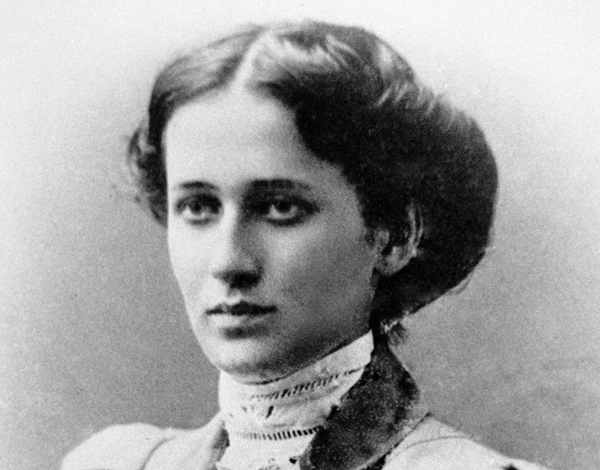

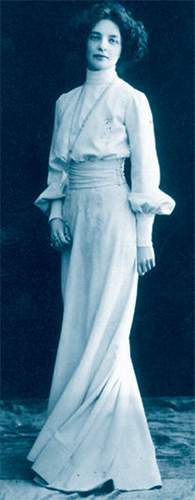
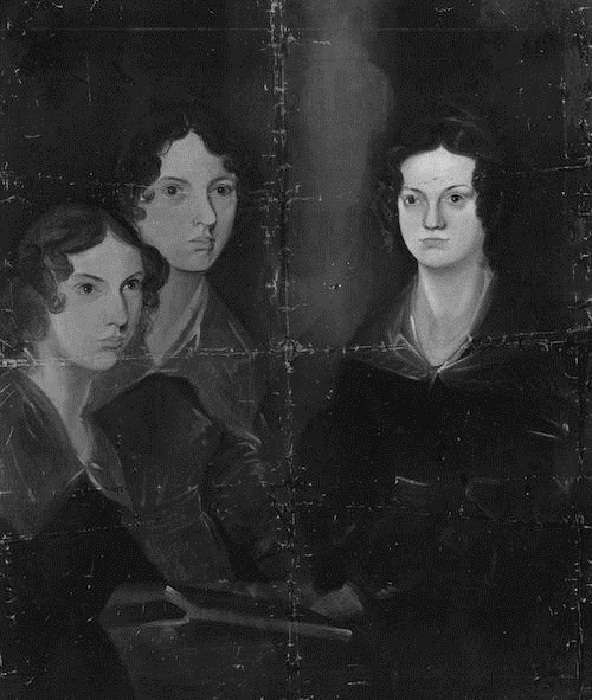 The fact that the Bronte sisters - Emily, Charlotte and Anne - happened in the English literature, and even all together, leaving behind an impressive magnificent text layer - a unique phenomenon. And this despite the fact that women's literature - a subject that always causes heated debates: two centuries ago in an effort of women to write have seen a dangerous freedom, and this in every way obstructed. However, the desire to speak out, to explain their nature, and sometimes even convict society was above the higher beyond. And today any woman, having a sense of the word, and having a talent for writing could write freely, without fear and without paying for it is folly and madness, "and gradually women started to put pen to paper is no longer on the "madness" or "unconscious", but from a purely practical considerations" (Virginia Woolf). Father of sisters, Patrick Bronte, was an Anglican priest and writer. Since childhood, the sisters surrounded by a great number of books purchased by their father after he became quite well-known poet and writer. Creative imagination of their father could not to be passed on to the children: a favorite pastime of girls, in addition to reading, was fantasizing and dream, invent and dream up wonderful magical worlds, and share them with each other. Notably in the fate of the Bronte sisters, and that they stay together for life, and literary fame did not change their attitudes, though history has known many cases diametrically opposed to this. The three of them have published in 1846 a collection of poems under the name of Bell brothers, and a year later - still together - prose.
The fact that the Bronte sisters - Emily, Charlotte and Anne - happened in the English literature, and even all together, leaving behind an impressive magnificent text layer - a unique phenomenon. And this despite the fact that women's literature - a subject that always causes heated debates: two centuries ago in an effort of women to write have seen a dangerous freedom, and this in every way obstructed. However, the desire to speak out, to explain their nature, and sometimes even convict society was above the higher beyond. And today any woman, having a sense of the word, and having a talent for writing could write freely, without fear and without paying for it is folly and madness, "and gradually women started to put pen to paper is no longer on the "madness" or "unconscious", but from a purely practical considerations" (Virginia Woolf). Father of sisters, Patrick Bronte, was an Anglican priest and writer. Since childhood, the sisters surrounded by a great number of books purchased by their father after he became quite well-known poet and writer. Creative imagination of their father could not to be passed on to the children: a favorite pastime of girls, in addition to reading, was fantasizing and dream, invent and dream up wonderful magical worlds, and share them with each other. Notably in the fate of the Bronte sisters, and that they stay together for life, and literary fame did not change their attitudes, though history has known many cases diametrically opposed to this. The three of them have published in 1846 a collection of poems under the name of Bell brothers, and a year later - still together - prose. 